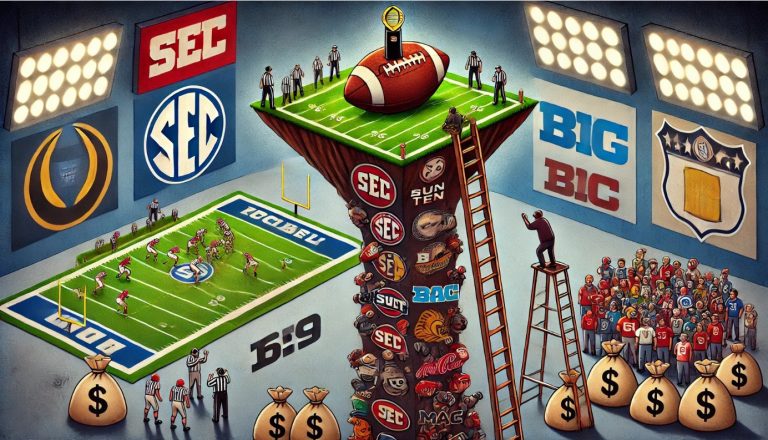
By Larry Billinger
Origin and Founder:
- Founder: The movement was started by a man named Peter McIndoe.
- Beginning: It began in 2017 when McIndoe, then a college student, attended a women’s march in Memphis, Tennessee. To poke fun at the prevalence of conspiracy theories and the rally’s intense atmosphere, he held up a sign that read “Birds Aren’t Real.”
- Initial Reaction: The sign caught the attention of people at the march and quickly gained traction on social media.
Why I Love the “Birds Aren’t Real” Conspiracy
The charm of the “Birds Aren’t Real” conspiracy lies in its humorous approach to highlighting a serious truth about human nature. It underscores our innate desire for belonging and identity, often found in the most unusual beliefs. This satirical movement, through its whimsical narrative about spy birds, not only invites laughter but also serves as a poignant commentary on the importance of empathy and understanding in addressing societal issues like disinformation and polarization. It’s a clever reminder that sometimes, the key to unity and awareness lies not in debating facts, but in addressing the underlying human needs for connection and purpose.
It’s a clever reminder that sometimes, the key to unity and awareness lies not in debating facts, but in addressing the underlying human needs for connection and purpose.
The Mystery Takes Flight: Origins of Avian Espionage
Once upon a time, in the not-so-distant past, a whimsical theory hatched: Birds, our feathered friends, were merely government drones. It began as a parody, a lighthearted jab at the growing trend of outlandish conspiracy theories. But who knew it would take off, soaring into the hearts and minds of internet denizens everywhere?
Public Perception: From Tweets to Belief
Public reaction has been a mixed bag of chuckles, disbelief, and a peculiar “what if.” The “Birds Aren’t Real” saga has become a mirror, reflecting how easily some of us might fall for the bird-brained theories that populate our newsfeeds.

A Satirical Squawk on Society
This theory isn’t just about mechanical robins and spy pigeons; it’s a clever commentary on bigger issues. Government surveillance? Check. Public gullibility? Double-check. It’s satire with a side of societal critique, served hot and fresh.
Social Media: The Wind Beneath Its Wings
Social media has been the jet stream propelling this theory to viral status. Memes, hashtags, and videos have spread faster than a flock of geese heading south for the winter.
Birds of a Feather: Comparing Conspiracies
Unlike its conspiracy cousins, “Birds Aren’t Real” is knowingly absurd. It’s the fun uncle at the conspiracy family reunion, bringing a levity often missing in the darker, more earnest corners of conspiracy chatter.
Cultural Nesting: A New Generation’s Mascot
The youth have embraced this feathery fiction, often sporting merchandise or sharing a laugh online. It’s become a cultural touchstone for a generation adept at distinguishing fact from fiction – or, at least, having fun with the latter. Below is an example of a shirt sold on Amazon promoting the Birds Aren’t Real conspiracy.

Merchandising the Myth
From T-shirts to hats, the “Birds Aren’t Real” movement has hatched a whole line of merchandise. Because nothing says “I’m in on the joke” like a cap claiming your pet parakeet is a government spy.
The Educational Egg: Hatching Critical Thinkers
Amidst the giggles, there’s a serious egg to crack: the importance of critical thinking. This parody provides a perfect nesting ground for discussions about media literacy and the importance of questioning what we’re fed – be it seed or information.
Mockumentaries and Media Feathers
The movement has yet to inspire a full-blown mockumentary, but it’s only a matter of time before it flies onto our screens, ruffling the feathers of traditional storytelling.
Looking Ahead: The Future of Feathered Fiction
As we navigate an era dense with misinformation, satirical conspiracies like “Birds Aren’t Real” offer a light-hearted reminder to look twice before believing everything that lands on our digital doorsteps.



Wow, I always suspected something was fowl about the birds.